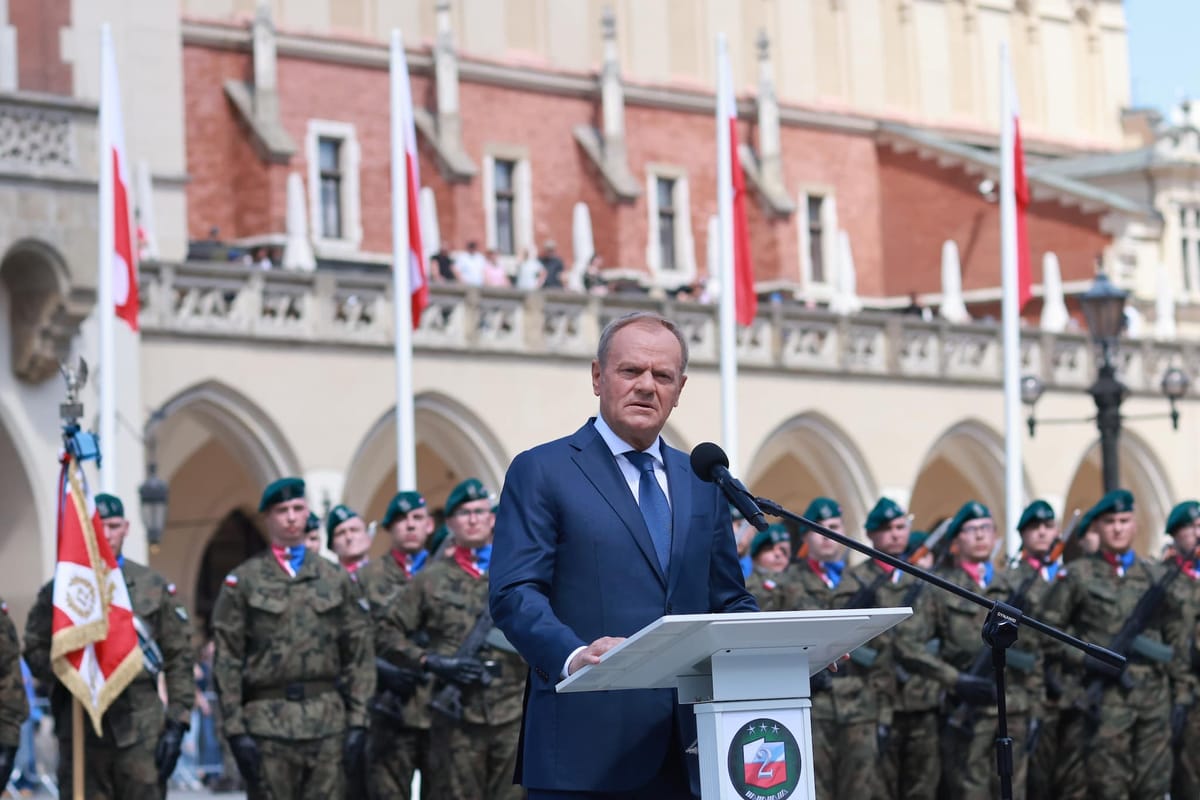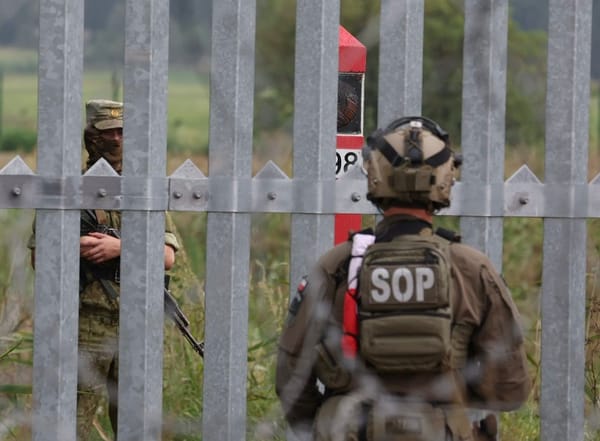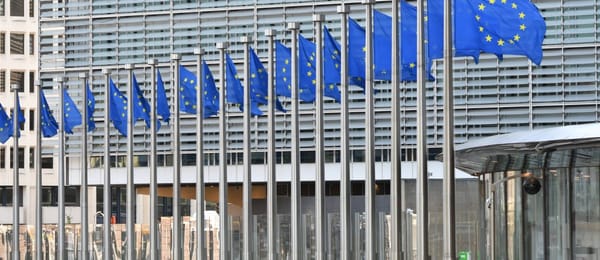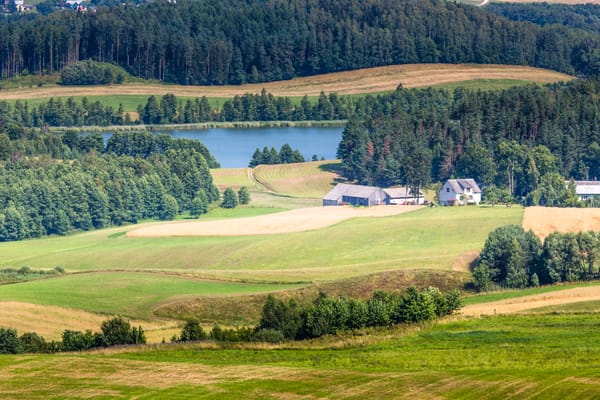
Poland to spend EUR 2.35bn on eastern border fortification programme
Poland will invest PLN 10bn (EUR 2.35bn) in securing its eastern border against the rising threat of Russia and Belarus, Polish Prime Minister Donald Tusk said on Saturday, 18 May.
Tusk said Poland is “starting a major project to build a secure border, including a system of fortifications, landscaping and environmental choices … that will make the border impenetrable for a potential enemy”.
Tusk announced that he will also speak with the European Investment Bank on Monday, 20 May, about the PLN 500mn financing for satellites for the European Sky Shield Initiative, the German-led common air defence scheme, similar to Israel’s Iron Dome system.
Polish state news agency PAP wrote that the most important part of the “Eastern Shield” initiative is the construction of fortifications along the entire eastern border and the north, along the border with Russia, including natural terrain obstacles, fortifications, and bunkers.
Growing threat from Russia, history of illegal migration via Belarus
Russian ally Belarus opened travel agencies in the Middle East offering a new route into Europe three years ago, in a move that the EU and Poland said was intended to destabilise, news agency Reuters wrote. After Russia’s full-scale invasion of Ukraine on February 24, 2022, Poland ramped up defence spending.
Tusk tweeted: “Our security: the Western community, the European dome protecting our sky, the Eastern Shield, i.e. fortifying the borders, the Polish satellite programme using EU money, a Polish soldier, well-equipped and trained, and a state ruthless against agents and sabotage.
“Russia means hostility towards the West, especially towards the EU, contempt for the rule of law and all minorities, partisanisation of the economy and the media, legalized state corruption, religion at the service of the authorities, and the rule of the secret services. Open your eyes and see the parallels.”
PiS politician less than impressed by plan
Poland’s previous right-wing government led by the Justice and Law (PiS) party constructed a 180km 5.5 metre-high anti-migration smart fence on the Polish-Belarusian border.
Former defence minister for the PiS government Mariusz Blaszczak tweeted: “Tusk’s ‘Eastern Shield’, announced with pomp, is a plan that we developed and began implementing while still at the Defence Ministry. This package of measures is needed to strengthen the security on the border, which is provided primarily by the barrier built during the Law and Justice government and the soldiers and officers deployed to that region also during our time in power.”
Planning, knowledge-sharing in progress
Deputy Defence Minister Cezary Tomczyk responded that: “This is something completely new because, for the past eight years, there have been virtually no efforts in this area. And we need to secure the eastern border, not just because of migration, as there is already a barrier for that which will be modernised, but we also need protection for the population and to secure the border itself from a military perspective.” He added that the programme will require a multi-year investment.
“The planning began several weeks ago. Work is ongoing for the General Staff and at the infrastructure department of the Defence Ministry,” Tomczyk said, adding that discussions are ongoing with Baltic countries on their own defence initiatives, and insights are being drawn from Finland and South Korea, as well as Polish experts such as General Marek Wawrzyniak, PAP reported.
Retired General Waldemar Skrzypczak, Poland’s former land forces chief, said: “It is not enough to build fortifications, nor to build forest complexes or other devices called engineering barriers. All these must be defended by troops.” He backed the training of military brigades to conduct the defence of these fortified lines. “This is a very distinct specialism from what we have prepared the military until now,” Skrzypczak said.





